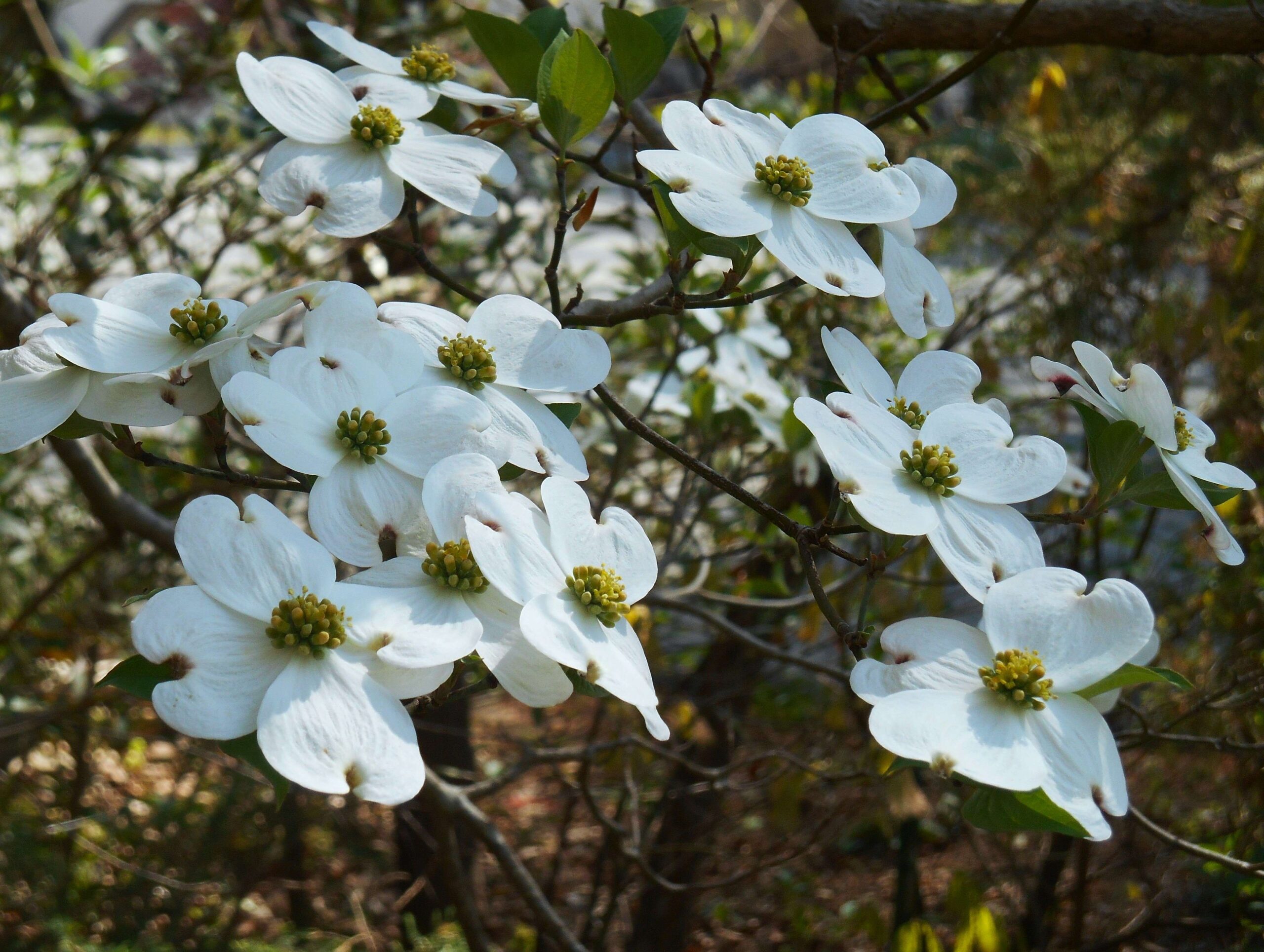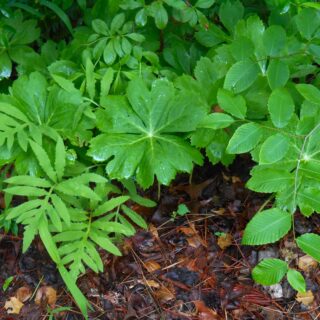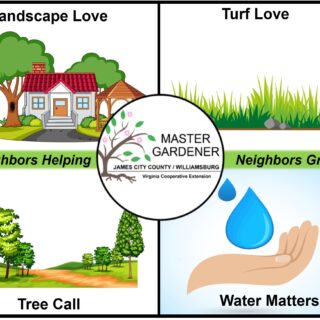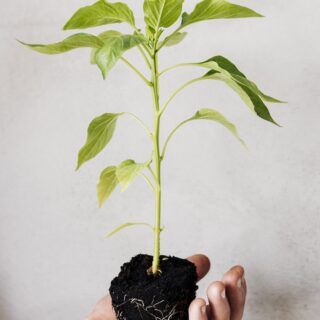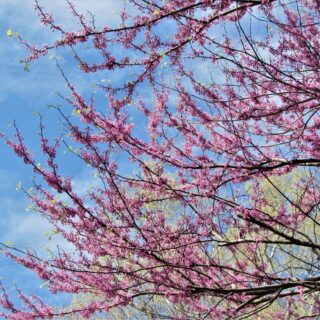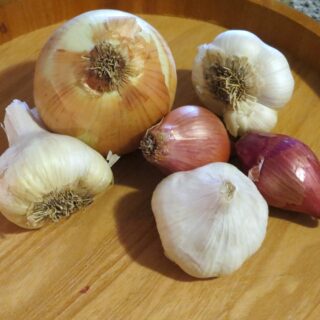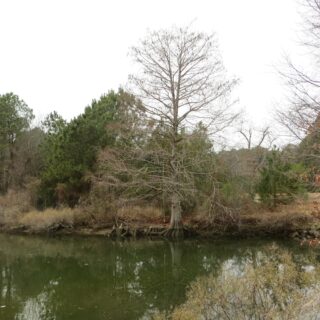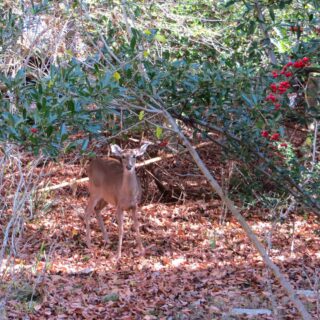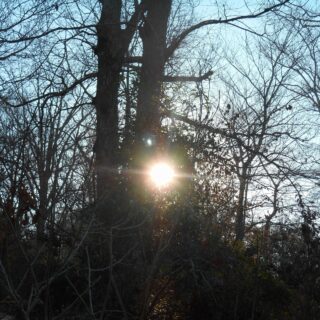Our Planetary Garden
A New View of our Earth American soldiers and scientists working at White Sands Missile Range in New Mexico took the first images of Earth from space in late October of 1946 when they attached a 35-millimeter movie camera to a confiscated German V-2 missile they were testing. The missile reached an altitude of 65 miles, just above the limit of ‘outer space,’ before crashing back to earth with the film protected in a steel container. Subsequent missile tests...


